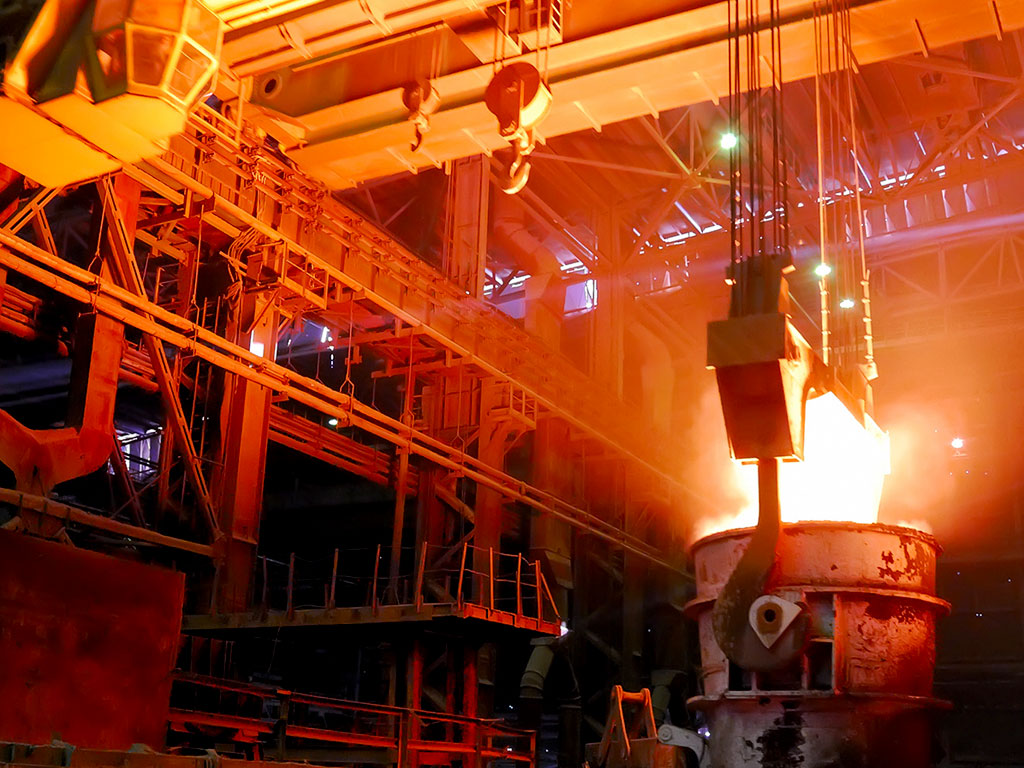PSM privatization

According to a Business Recorder exclusive, the government has decided to privatise Pakistan Steel Mills (PSM) in marked contrast to the recommendations made by an experts group set up by the Advisor to the Prime Minister on Industries and Commerce which concluded that the Mills should not be privatised or shut down as it is a strategic asset of national importance.
Business Recorder fully supports this decision as attempts by the recent three administrations, Pakistan People's Party, Pakistan Muslim League-Nawaz and now the Pakistan Tehreek-e-Insaaf 10 months into its five-year tenure, failed to restructure it and turn the finances of the Mills around in spite of pledges to do so. The list of what ails the PSM is extremely long ranging from poor corporate governance, weak and corrupt management, employment levels well above comparable sized steel mills in other countries, and last but not least, sustained political interference in all matters and in all appointments be they junior or senior levels. Total losses of PSM were estimated at over 480 billion rupees by January 2019. However, this newspaper would urge the government to learn some valuable lessons from the failed attempt to privatise the Mills during the Musharraf era and stipulate that PSM's valuable land, which it was argued at the time, was the main attraction for the private parties in bidding for the Mills, be used only for industrial purposes.
In April 2014, the Privatisation Commission then headed by Muhammad Zubayr prepared a plan for PSM restructuring preparatory to its privatisation of 18.5 billion rupees. The Economic Coordination Committee of the Cabinet chaired by the then Finance Minister Ishaq Dar approved the plan envisaging immediate release of 12.5 billion rupees with 9 billion rupees to be used for purchase of raw material, 3 billion rupees to be paid to National Bank of Pakistan for an additional letter of credit with the objective of raising the production capacity from 3 to 6 percent to 30 percent. In September, another 3 billion rupees was to be released to PSM with one billion earmarked for enhancement of letter of credit facility with the objective of achieving 60 percent production capacity. And the remaining 3 billion rupees was to be released by December with 2 billion rupees earmarked for further enhancement of letters of credit.
PSM became non-operational on 10 June 2015, reflecting the failure of this bailout package to turn the PSM around. Be that as it may, the PML-N administration nonetheless was compelled to release hundreds of millions of rupees every four to five months to pay staff salaries as well as pensions. Asad Umar as finance minister continued the practice of releasing funds to PSM for salaries/pension/provident fund/gratuity and announced the de-listing of PSM from the list of those SOEs targeted for privatisation.
The experts group was set up by Razzak Dawood whose recommendations have now been rejected. The reason for the rejection is fairly obvious: sustained failure by previous administrations to turn PSM around in spite of bailout packages that they could ill afford is an extremely forceful argument in favour of privatisation and against extending yet another bailout package, especially at a time when the budget deficit has reached unsustainable levels. Additionally, with the International Monetary Fund team currently negotiating a bailout package with Pakistani authorities, no doubt highlighting the failure of previous administrations to turn the Mills around, the government agreed to privatise the Mills.
To conclude, Business Recorder would urge the government to begin the process of privatising the SOEs that are constant drain on exchequer that continue to be a major drain, to the tune of around 500 billion rupees per annum with no end in sight.





















Comments
Comments are closed.